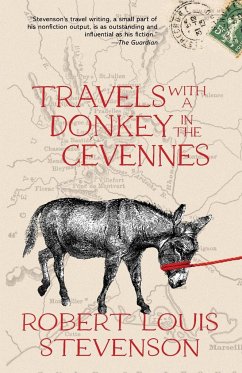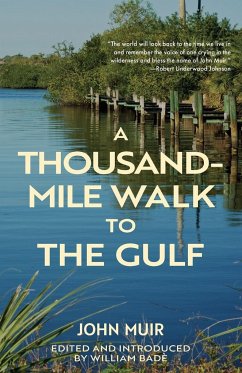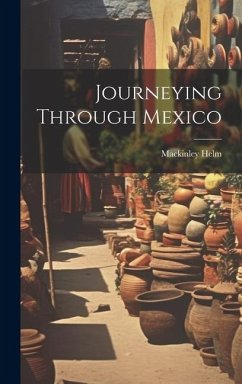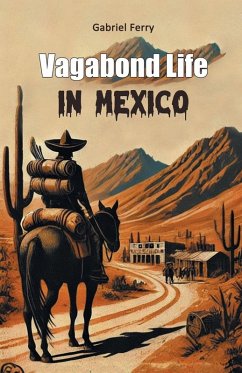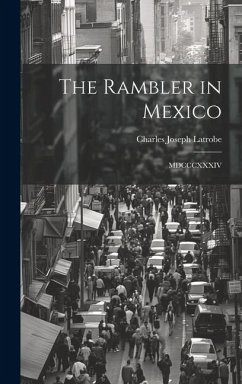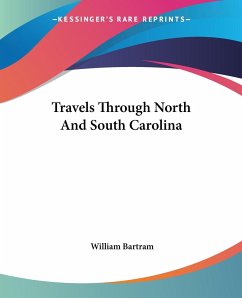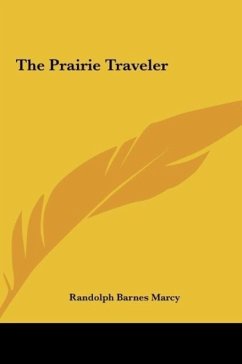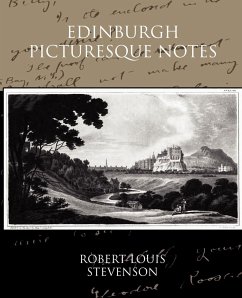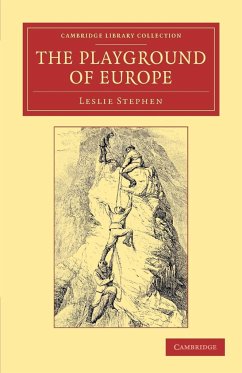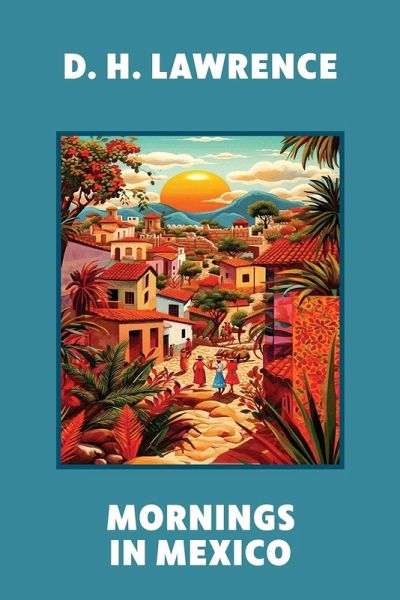
Mornings in Mexico (Warbler Classics Annotated Edition)
Versandkostenfrei!
Versandfertig in 1-2 Wochen
8,49 €
inkl. MwSt.
Weitere Ausgaben:

PAYBACK Punkte
4 °P sammeln!
Mornings in Mexico is the only collection among D. H. Lawrence's travel writings that focuses on the North American Southwest. The eight essays that comprise the original volume were written between 1924 and 1925, when Lawrence was working on the novel The Plumed Serpent (1926). The first four essays are quintessential first-person narratives while the latter four describe indigenous rites and rituals. Lawrence asserts that for indigenous people there is "no division between Spirit and Matter," a state of being that presents itself as a coveted alternative to the disconnection inherent in the ...
Mornings in Mexico is the only collection among D. H. Lawrence's travel writings that focuses on the North American Southwest. The eight essays that comprise the original volume were written between 1924 and 1925, when Lawrence was working on the novel The Plumed Serpent (1926). The first four essays are quintessential first-person narratives while the latter four describe indigenous rites and rituals. Lawrence asserts that for indigenous people there is "no division between Spirit and Matter," a state of being that presents itself as a coveted alternative to the disconnection inherent in the mechanized fabric of the Western world. His sensory-rich approach not only provides a visual and auditory experience but also immerses readers in the emotional essence of the places he encounters. With insight gained through empathy, Lawrence explores notions of identity, community, and the interplay between tradition and modernity in this blend of travelogue and personal reflection. This Warbler Classics edition includes an extensive biographical timeline.




